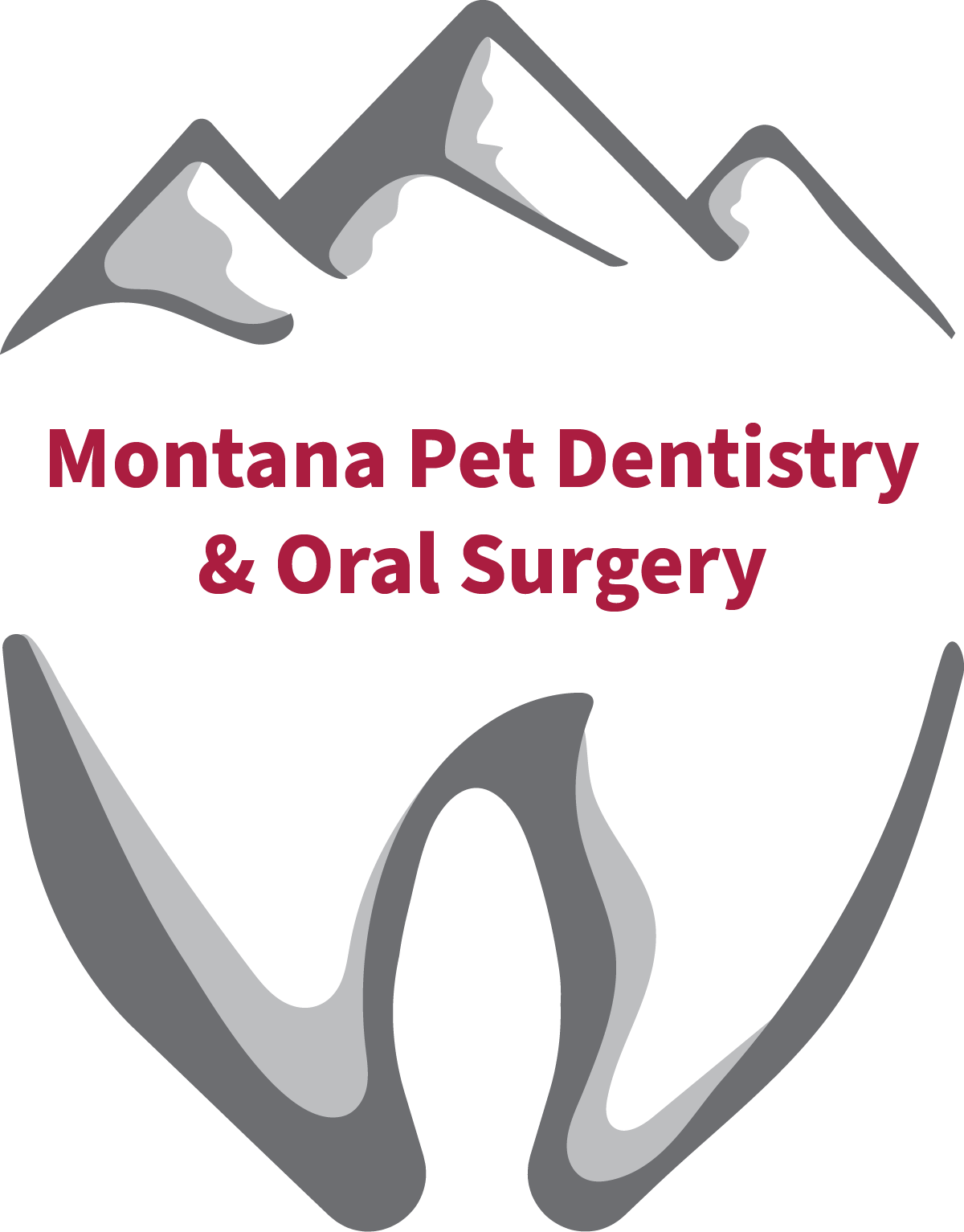When you think about keeping your pet healthy, your cat’s dental health likely isn’t the first thing that comes to mind. You may have never even thought about brushing your cat’s teeth before, and the idea of brushing your cat’s teeth sounds like a battle you would inevitably lose.
However, dental health and good dental hygiene in cats is extremely important, and as a pet owner it’s crucial that you do your best to keep your cat’s teeth cleaned regularly in order to avoid oral health complications that could affect the entire body.
The Importance of Dental Care for Cats
Cat’s teeth, just like your own, quickly accumulate bacteria-laden plaque and tartar buildup. This can lead to gum disease (also known as periodontal disease), tooth loss, and possibly changes in the heart, liver and kidneys. These changes have been proven to exist in dogs, and likely occur in cats as well.
Brushing your cat’s teeth regularly will help improve your cat’s oral health overall.
You can also avoid some nasty health complications caused by poor oral hygiene by scheduling an annual appointment with a knowledgeable veterinarian.
Causes of Periodontal Disease in Cats
It is estimated that 70% of all cats have some form of periodontal disease by the age of five. Periodontal disease is caused by plaque and tartar buildup on the teeth and along the gumline. Left untreated, it eventually infects the soft gum tissue around the teeth, as well as the teeth, sockets, and jawbones.
This can be extremely painful for your cat, and tooth extractions may become necessary. Although periodontal disease is very common, it is very preventable with frequent brushing and dental care.
Treating Periodontal Disease in Cats
If periodontal disease is caught in its first stage—gingivitis—it can be reversed. Daily brushing can help keep the bacteria from making its way under the gumline. If periodontal disease is not detected until its later stages, there will be loss of the supporting structures of the tooth and extraction may be necessary to prevent the infection from spreading or worsening.
In order to diagnose periodontal disease, it is best to get a full dental examination. Your vet will check the teeth for plaque and tartar buildup and take dental x-rays in order to determine if there is any infection in the bone. Signs and symptoms of periodontal disease that you can look out for include bad breath, red gums, bleeding gums, loss of appetite, and attitude changes.
Changes in the Heart, Liver and Kidneys
Poor cat dental care can lead to advanced infections in the mouth which can enter the bloodstream and cause microscopic changes in the heart, liver and kidneys. This has been proven to occur in dogs with periodontal disease. In order to combat this and keep your kitty happy and healthy for years to come, aim to brush your cat’s teeth multiple times per week, and bring them in for a comprehensive cleaning and oral health assessment (COHAT) appointment each year to assess any potential problems or infections in your cat’s mouth.
Board Certified Veterinary Dentist in Bozeman, MT
Dr. Tony Woodward is the only board-certified veterinary dentist in Montana, and works in Bozeman to take care of all of your pet’s dental needs. If you suspect your cat may be suffering from periodontal disease or another dental issue caused by poor dental hygiene, call us today to make an appointment.
